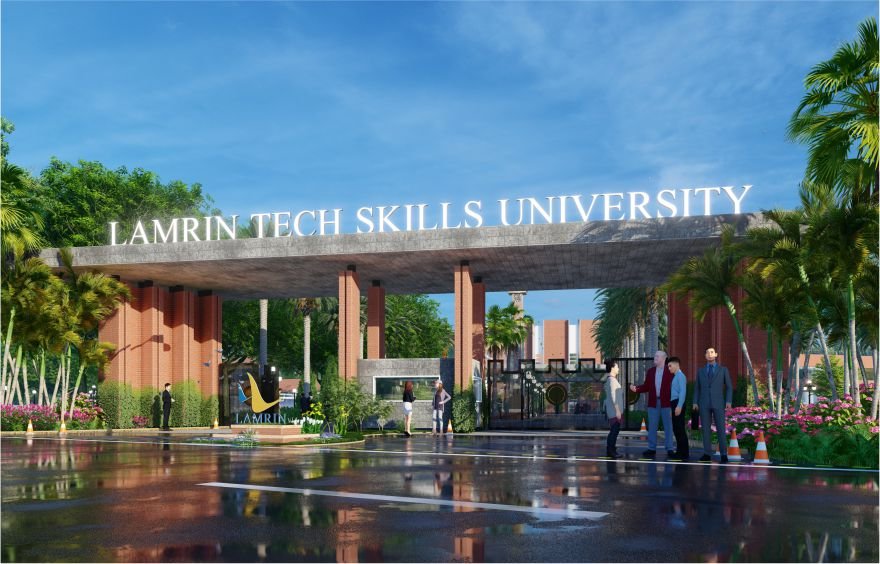In a rapidly evolving world shaped by technology, global competitiveness, and changing job dynamics, the need to align education with employment has never been more critical. Traditional universities have long been the bastions of theoretical knowledge and academic rigor, but the modern economy demands more: practical skills, real-world readiness, and lifelong employability. This is where Skill Universities come into play as game changers for India’s future.
Why Skill Universities Are Important in the Current Scenario
1. Bridging the Skill Gap in India
India faces a paradox: millions of graduates are unemployed, while industries struggle to find job-ready talent. According to NSDC and various industry reports, only 45% of graduates are employable due to lack of practical skills. Skill Universities bridge this gap by equipping students with domain-specific competencies, soft skills, and on-the-job exposure.
2. Aligning Education with Industry Needs
Unlike traditional institutions that often operate in academic silos, Skill Universities co-create curriculum with industry partners, ensuring relevance, adaptability, and innovation. Courses are updated in real-time based on changing technological and market trends — making students future-ready from day one.
3. Supporting India’s Demographic Dividend
With over 65% of its population under 35 years of age, India stands at the brink of a demographic opportunity. Skill Universities act as engines to harness this youth power, creating a workforce that can lead not just in domestic markets but also as part of the global talent supply chain.
4. Driving Entrepreneurship and Local Development
Skill Universities promote hands-on learning, incubation, and enterprise creation. They empower youth in Tier 2, Tier 3 cities, and rural areas with contextual knowledge and employable skills, promoting self-reliance and entrepreneurship in alignment with the Atmanirbhar Bharat vision.
5. Fulfilling National Education Policy (NEP) 2020 Goals
Skill Universities are a direct response to NEP 2020’s vision of an education system rooted in Indian values and global outlook, encouraging multi-entry/multi-exit models, vocational training, and credit-based learning pathways.
How Skill Universities Are Different from Traditional Universities
| Aspect | Traditional Universities | Skill Universities |
| Curriculum | Theory-driven, textbook-based | Industry-integrated, project-based |
| Focus | Academic excellence and research | Skill development, employment, and entrepreneurship |
| Learning Approach | Classroom-centric | Work-integrated, experiential learning |
| Faculty | Academicians with PhDs | Mix of academicians and industry practitioners |
| Assessment | Exams, assignments | Competency-based, practical evaluations |
| Industry Linkage | Limited or advisory | Deep partnerships with industry for curriculum, internships, placements |
| Outcome | Degree | Degree + Employability + Skills Certification |
Stakeholder Perspectives
🧑🎓 Students
- Learn by doing, not just reading.
- Graduate with a job-ready portfolio and real-world experience.
- Have flexible exit options with certifications and diplomas.
👨👩👧👦 Parents
- See better return on investment as children secure employment faster.
- Witness the development of confident, skilled individuals ready to thrive.
🏢 Industry
- Gain access to a talent pool trained on current technologies, tools, and processes.
- Spend less on retraining, leading to faster onboarding and productivity.
🇮🇳 Government & Policymakers
- Enable socio-economic development through skilled youth.
- Reduce unemployment and underemployment.
- Create a pipeline of global workforce and entrepreneurs for the Digital India, Make in India, and Skill India missions.
🏫 Academia
- Collaborate with industries to redesign pedagogy.
- Engage in applied research solving real-life problems.
- Shift towards a multidisciplinary, multi-outcome education model.
The Way Forward
Skill Universities must be nurtured with the same seriousness as IITs and IIMs. Policy frameworks, funding models, and accreditation systems should evolve to:
- Encourage industry-academia joint ventures.
- Support incubation and innovation ecosystems within campuses.
- Enable national and international mobility for skilled graduates.
They must not be seen as secondary to academic institutions but as parallel pillars of national development.
Final Thoughts
In my 30+ years of experience across industry and academia, I have witnessed firsthand the frustration of employers with untrained graduates, and the despair of youth who hold degrees but no direction. Skill Universities offer a pragmatic, scalable, and inclusive solution. They are not the future — they are the need of the present.
Let us reimagine higher education, not as a path to a paper degree, but as a gateway to dignity, purpose, and productivity.

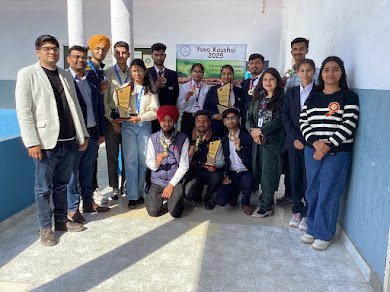



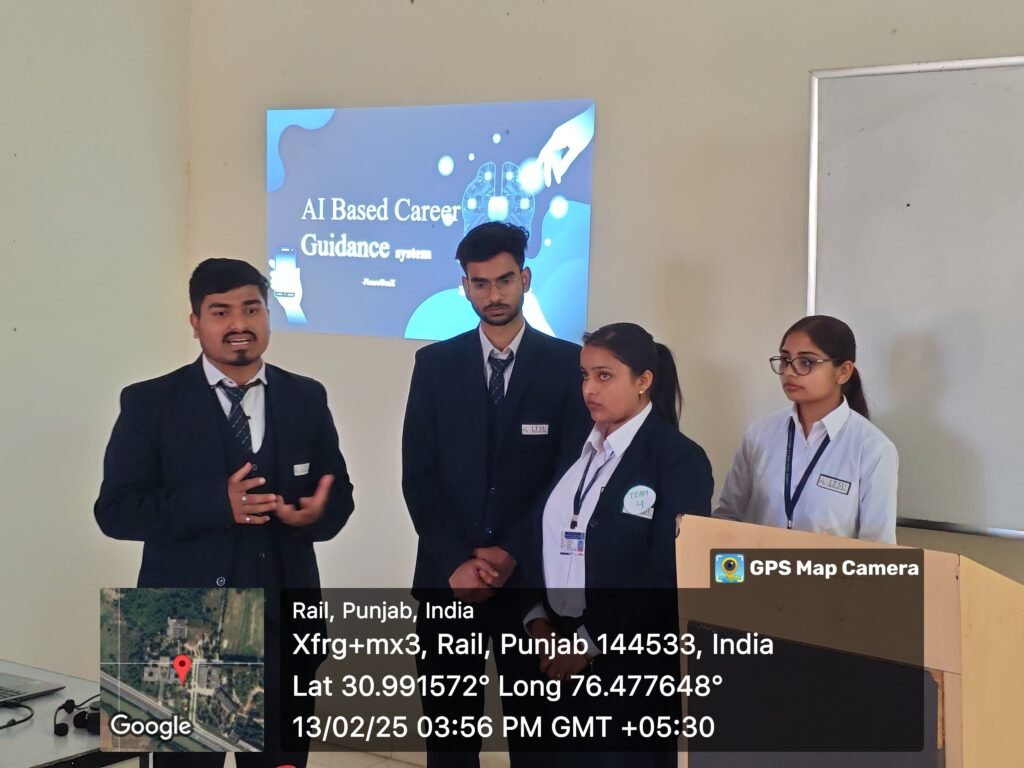
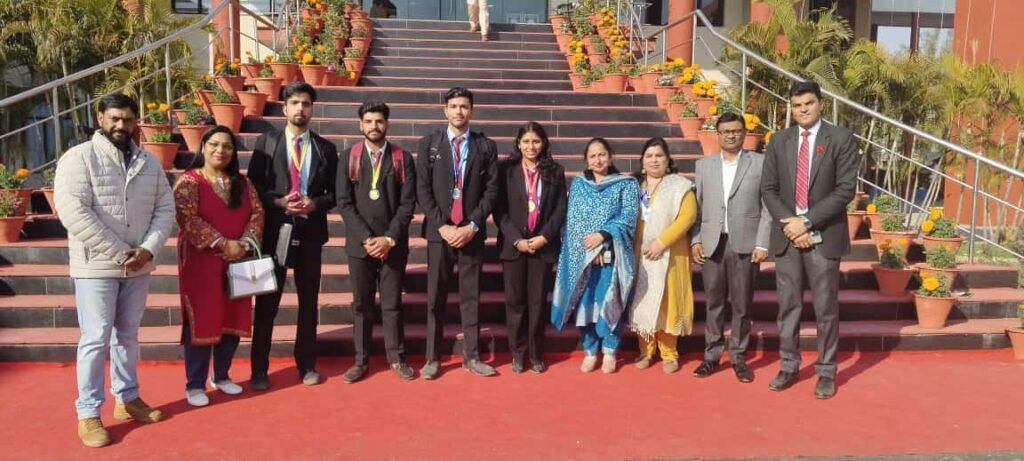
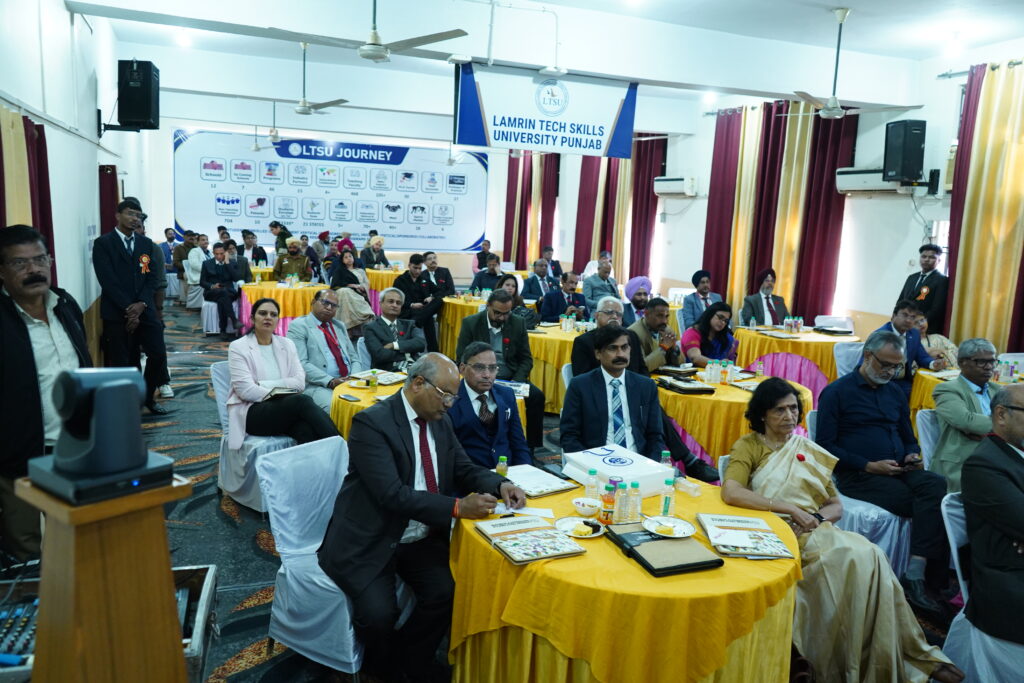


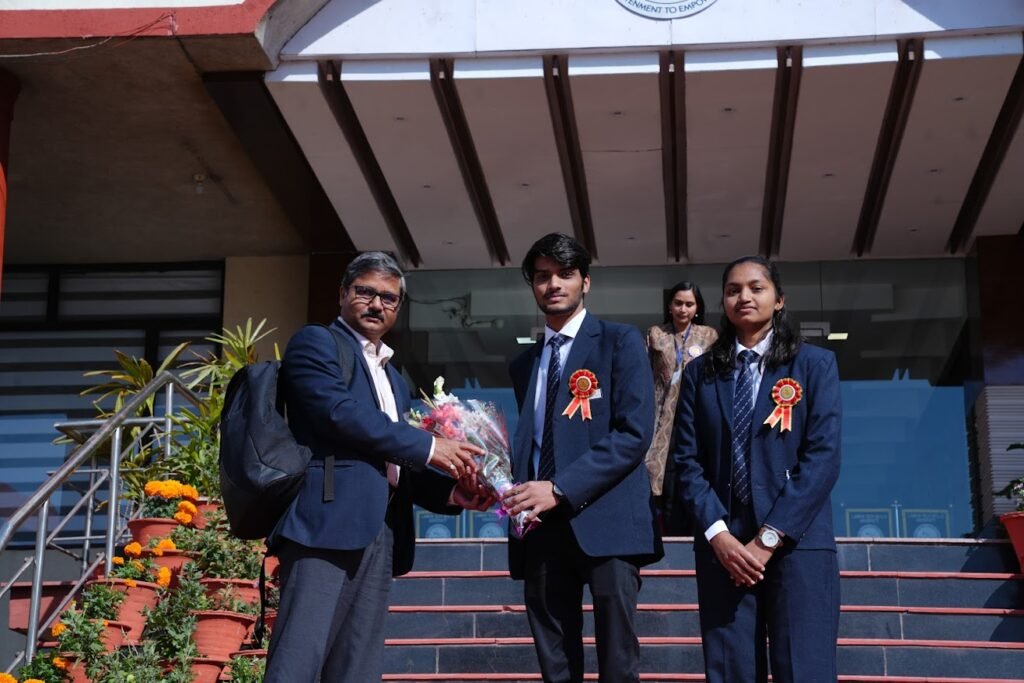
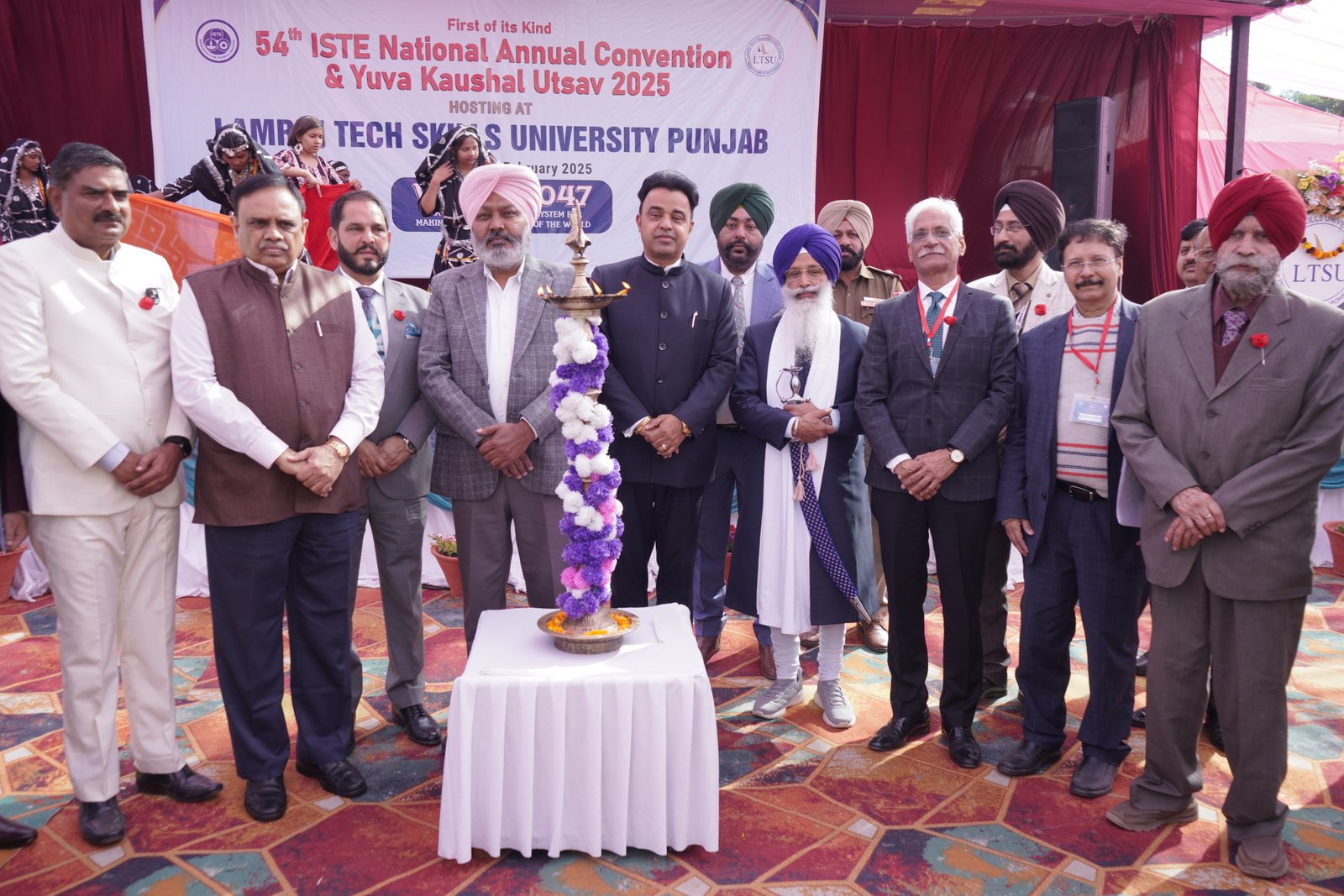
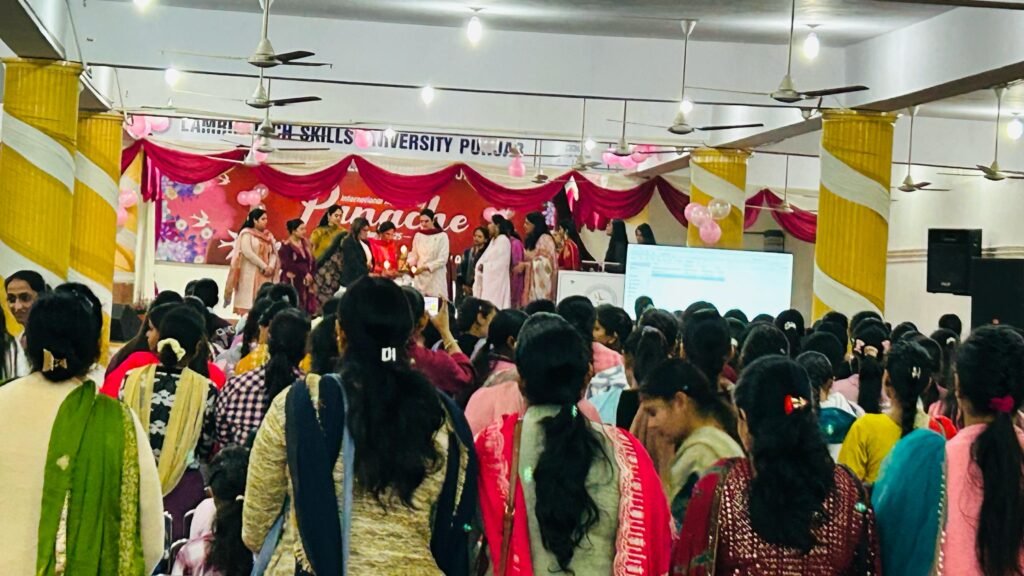

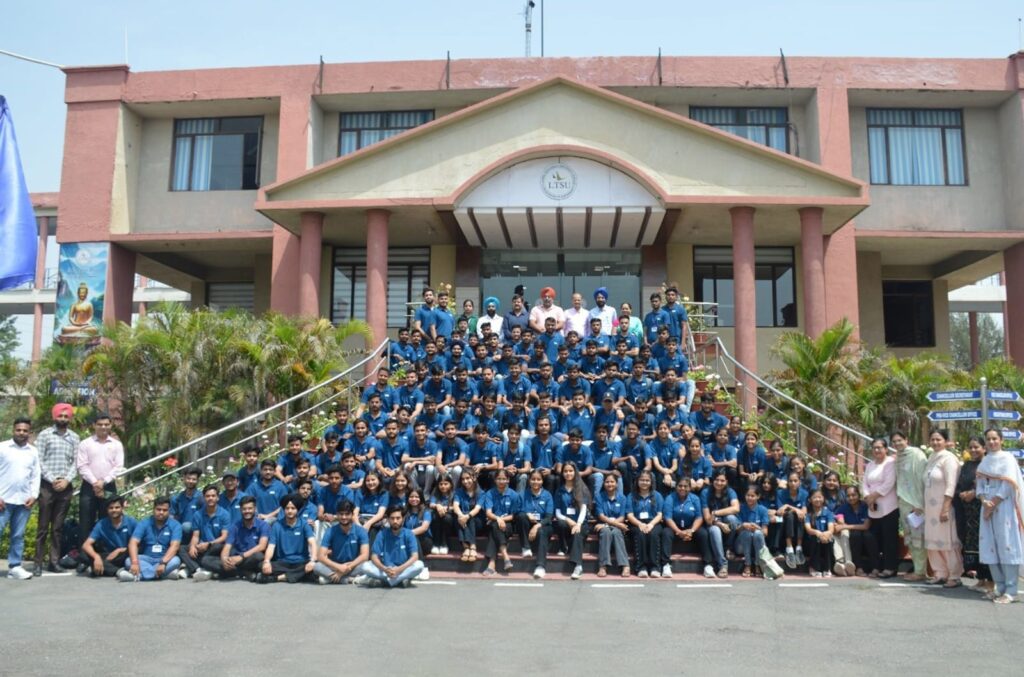
Prof (Dr)Parvinder Singh
M.Sc(Hons)M.Phil.Ph.D.LLB
Total experience 39 years
Teaching 26 years in Govt sector (PPSC) including Asst Prof
Associate Professor
Professor of Chemistry in 2012
HoD Chemistry 6 years
Registrar Exams 12 years
Principal PPSC selection in 2011 and last assignment DDPI
Selected CoE Panjab University in 2012 and superannuation in 2022
Addl charge Dean colleges for 3 years
Offg Registrar PU on many occasions
Vice Chancellor in a state Pvt university since Nov 2020
All academic credentials from Panjab University Chandigarh with distinction and UT merit scholarship BSc(Hons)
MSc (Hons)
M Phil
PhD
LLB
Overseas assignments and research activities as follows
Awarded NE Asia fellowship by Australia Government in 1996
University of California USA
University of Boston USA
University of Windsor Canada
University of Reading UK
University of Florence Italy
University of Queensland Australia
More than 100 conferences,seminars,symposium and workshops at International,National and Regional institutions level as keynote speaker/Chairman or expert speaker
Life member IInSc
TERA
Fellow ACS
PU Board of Studies member for 12 years
PU Academic Council Member
PU faculty of Science member 6 years
Honorary editor UGC research journal Chemical Review
Published about 40 Books/articles/research papers/periodicals/ in international and national journals
More than 20 International and National awards and recognitions including State Award on Independence Day in 2024 by Hon’ble Education Minister Punjab

